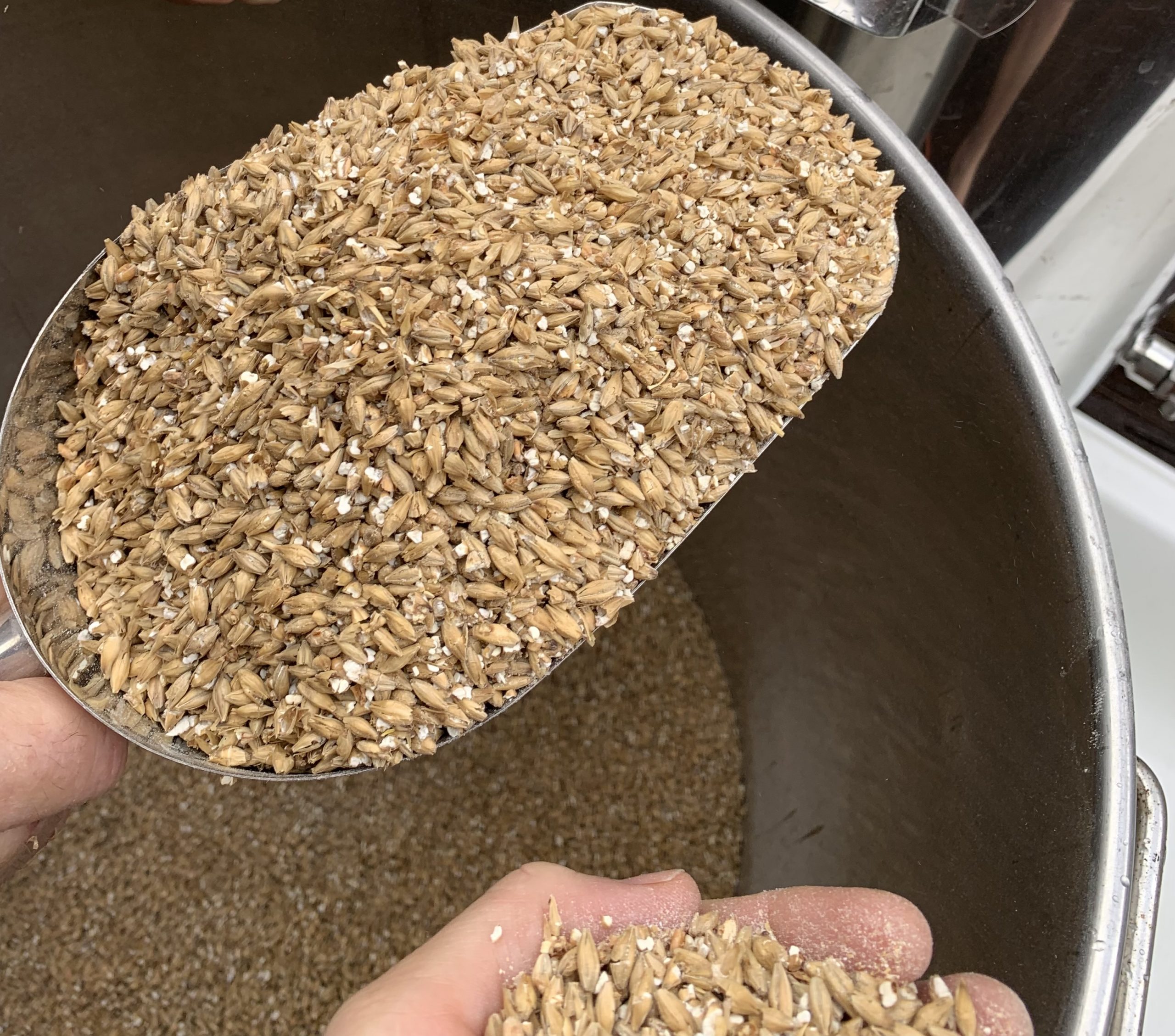For a brewery to be fully sustainable, it must be possible to produce beer in a way that doesn’t result in harm or cause destruction to the environment. If the production of beer requires non-renewable resources, damages the environment, or results in harm to individuals or society, it is unlikely to be considered sustainable.

This has been a concept that has sat at the forefront of the Hoppers’ thinking for some time especially seeing we are still in the planning stage (soon to be building) and we are able to make decisions that affect our future now, easier than when we are up and running. All owners met and currently live or have lived in the Eco Village in the Currumbin Valley – a modern international award-winning sustainable community. The community is the most awarded estate in Australia with over 33 accolades, including “The World’s Best Environmental Development” (FIABCI Prix D’Excellence Award 2008). When the four of us moved there some time ago living sustainability (and community) was and is a big part of the reason in deciding to be there. So, it is only natural to think that would flow over into in the place of our business.
Here are some of the considerations that have already been discussed and plan to be implemented:
Harnessing the Sun: Solar panels will be part of our installation and is essential to the operating an energy intensive craft brewing business. This green energy will play a vital part of energy requirements. Basically, the more panels the better.

Reduce, Reuse Recycle: When built around the brewery, you will find many repurposed items including old kegs as wash basins or seats, plastic kegs as bins, and pallets repurposed where possible.
Cow Fodder: Spent brewery grain will transported directly from the brewery to a nearby farm where it’s fed to cows owned by local farmers.
Packaging: If packaging can be made of recycled materials and recycled after use then that will form a major part of our purchase decision.

Low Food Miles: We are only too happy to support locals for all our needs whether it be quality ingredients for the kitchen, grain, malts or hops. The closer the better.
Kitchen Initiatives: Looking at ways of reducing waste like composting food scraps and no longer using plastic cling wrap by swapping to a 100% compostable alternative made from potato waste.
H2O – A lot of water is used in brewing, and we will continuously be looking at ways to recycle and reuse water onsite for different purposes.
Most importantly we recognise that the world is an ever-changing place where brilliant minds continuously come up with new ways to improve methods that lead towards greater sustainability, and we will certainly be open to anything that brings us closer to being considered a fully sustainable brewery. It may not happen immediately, but our plan is for it to happen as soon as possible.



